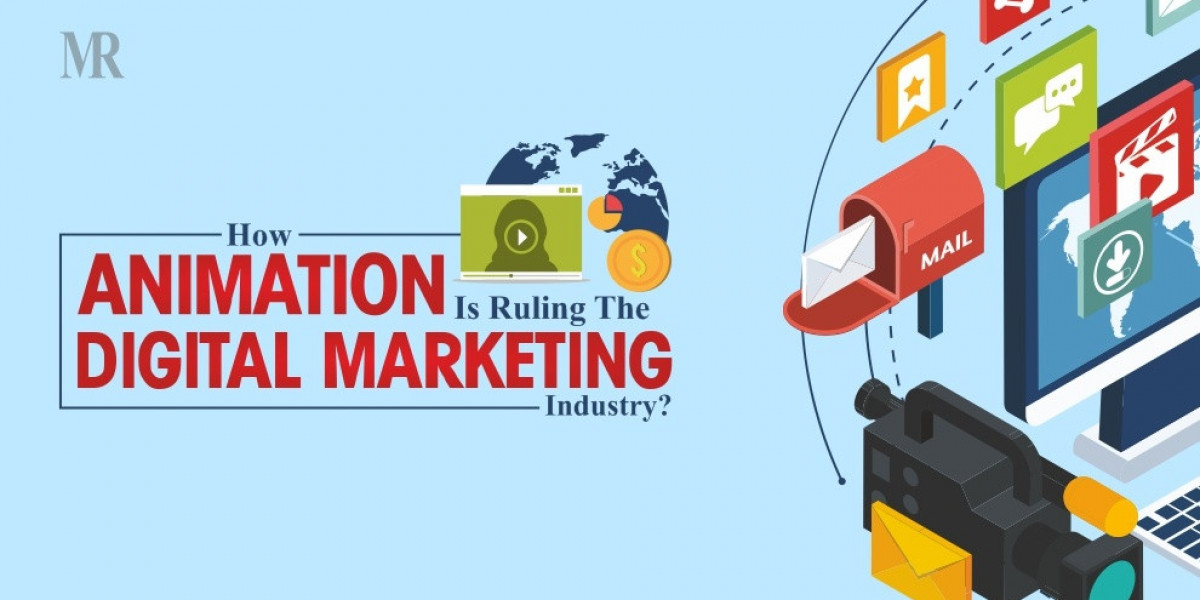In an increasingly interconnected world, career opportunities are no longer confined by geographical boundaries. Professionals from developing as well as developed nations often seek better prospects overseas—whether for higher income, professional growth, or exposure to global markets. However, landing a job abroad involves more than securing a job offer and packing your bags. It requires navigating through intricate documentation processes that validate your credentials internationally. One of the most important steps in this journey is apostille attestation, a form of document authentication that makes your academic, personal, and professional papers legally acceptable in foreign countries.
If you are planning to work abroad and have heard the term but feel unsure about what it actually means, this guide is designed for you. It explains apostille attestation in detail—what it is, why it matters, which documents require it, how the process works, common challenges, and practical tips to ensure smooth processing. By the end, you will have a comprehensive understanding of how to approach apostille attestation without confusion or unnecessary delays.
What is Apostille Attestation?
The word “apostille” originates from French and means “certification.” Apostille attestation is essentially a specialized certificate issued by a designated authority to verify the authenticity of your documents. It serves as a legal confirmation that the papers—whether educational degrees, birth certificates, marriage licenses, or employment records—are genuine and can be accepted by authorities in another country.
The process was established under the Hague Convention of 1961, an international treaty designed to simplify the legalization of documents for use abroad. Prior to this convention, individuals had to undergo multiple layers of certification—first from their home country’s authorities, then from the embassy of the destination country. Apostille attestation replaced this lengthy chain with a single standardized certificate recognized by all Hague Convention member countries, currently numbering more than 120.
In simple terms, if you are moving to a Hague Convention country for work, your documents will typically require an apostille. This saves time, money, and bureaucracy compared to the traditional attestation process still required for non-Hague countries.
Why is Apostille Attestation Necessary for Work Abroad?
Employers and government bodies abroad rely on apostille attestation for several reasons:
1. Verification of Authenticity
When you submit a degree, diploma, or professional certificate to a foreign employer, they need assurance that it is genuine. Apostille attestation confirms the document has been issued by a recognized institution and is not fraudulent.
2. Legal Compliance
Many countries mandate apostilled documents as part of their immigration or work visa requirements. Without them, even a valid job offer might not progress to an approved work permit.
3. Global Standardization
Since apostille is recognized in all Hague Convention countries, it removes the need for repetitive embassy attestations. This standardized approach makes cross-border document verification more efficient and transparent.
4. Employer and Immigration Trust
An apostille increases trust between employers and foreign workers. It reassures hiring companies and immigration officers that the information provided is reliable and backed by government-level authentication.
Documents That Commonly Require Apostille for Employment Abroad
Depending on the country you are moving to and the nature of your job, different types of documents may need apostille attestation. Below are the main categories:
Educational Documents
Degree certificates
Diplomas
Professional licenses
School transcripts and mark sheets
These are crucial for skilled positions where academic or technical qualifications must be verified.
Personal Documents
Birth certificate (to confirm identity and age)
Marriage certificate (if applying for family visas alongside work visas)
Police clearance certificate (to verify a clean criminal record)
Professional Documents
Employment contracts
Experience letters
Recommendation letters
Company registration papers (if you are starting a business or working as a consultant)
Before starting the attestation process, check the specific requirements of your destination country, as not every document may require apostille in every case.
Step-by-Step Process of Apostille Attestation
Though the exact procedure varies slightly depending on your country of residence, the general process follows a similar pattern. Below is a step-by-step breakdown:
Step 1: Verification by Local Authorities
First, your documents are authenticated by the issuing authority. For instance, an educational certificate must be verified by the university or education board, while a birth certificate is validated by the municipal or state registrar.
Step 2: Authentication by State or Regional Authority
Once the issuing authority confirms the document, it goes to the state-level department (such as the Home Department or Education Department) for authentication. This step ensures that the local verification is officially recognized at the national level.
Step 3: Apostille from the Central Authority
After state-level authentication, the document is sent to the Ministry of External Affairs (MEA) or an equivalent government department authorized to issue apostilles. Here, the final apostille certificate is attached, usually as a sticker or stamp, carrying details like a unique identification number, date, and official seal.
Step 4: Use in Foreign Country
Once the apostille is affixed, the document is legally valid in all Hague Convention member countries. You can then present it to your employer, immigration office, or other foreign institutions without further legalization.
Difference Between Apostille and Embassy Attestation
Many people confuse apostille with embassy attestation, but they are not the same. The key difference lies in the country you are moving to:
Apostille Attestation: Required for Hague Convention countries. It involves a single standardized certificate, accepted across all member states.
Embassy Attestation: Necessary for non-Hague countries (such as UAE, Qatar, Saudi Arabia, and Kuwait). Here, documents need verification from multiple levels, including the foreign embassy of the destination country.
Understanding this distinction is critical to avoid delays in your work visa application.
Common Challenges in Apostille Attestation
Despite being more streamlined than embassy attestation, apostille attestation is not always hassle-free. Here are some common challenges applicants face:
Document Errors
Spelling mistakes, missing seals, or mismatched information between documents can result in rejection during the verification stage.
Lack of Awareness
Many job seekers are unaware of which documents require apostille and often start the process late, leading to missed deadlines or delayed visa applications.
Processing Delays
Government offices may take several days to weeks, depending on the document type and workload. In peak migration seasons, delays are more frequent.
Fraudulent Agencies
Unscrupulous intermediaries often lure applicants with promises of “express” services but may provide fake attestations. This not only wastes money but can also jeopardize your visa application.
Practical Tips for Smooth Apostille Processing
To make the apostille attestation process easier, follow these practical tips:
Start Early: Begin the process immediately after securing a job offer to avoid last-minute hurdles.
Double-Check Documents: Ensure all names, dates, and seals are accurate and consistent across your paperwork.
Use Authorized Agencies: If outsourcing the process, choose only government-recognized service providers.
Keep Photocopies: Maintain multiple copies of both original and apostilled documents for safety.
Confirm Requirements with Employer: Ask your overseas employer or recruiter for a clear checklist of required documents to avoid unnecessary attestations.
Stay Updated on Rules: Immigration and documentation rules vary and can change over time, so always verify the latest requirements.
Countries That Require Apostille for Employment
Since apostille attestation is specific to Hague Convention countries, it is valid in more than 120 nations, including:
United States
United Kingdom
Australia
Canada (partial, as requirements differ by province)
France
Germany
Italy
Spain
South Africa
Japan
On the other hand, Gulf countries such as Saudi Arabia, UAE, and Qatar are not Hague Convention members and still require embassy attestation.
The Cost of Apostille Attestation
The cost varies depending on the type of document, urgency, and whether you process it yourself or through an agency. Typically, government fees are fixed and nominal, but service providers charge additional convenience fees. Urgent or same-day apostille services, where available, may come at a premium. On average, expect to spend anywhere between $20 and $150 per document, depending on your location.
Apostille in the Digital Age: e-Apostille
Many countries are now adopting e-Apostille programs, which allow documents to be authenticated electronically. Instead of a physical sticker, a digital apostille certificate is issued, complete with a QR code or online verification link. This modern approach offers faster processing, reduced paperwork, and easy verification by foreign authorities. For tech-savvy professionals, this is a welcome advancement that eliminates postal delays.
Real-Life Scenario: Why Apostille Matters
Consider a software engineer from India who receives an offer from a company in Germany. The employer requires his engineering degree, transcripts, and police clearance certificate to be apostilled. Without this, the work visa application will not proceed. By getting his documents apostilled, he demonstrates credibility, satisfies German immigration laws, and avoids the risk of rejection.
Now imagine if he ignored the requirement and submitted uncertified documents. The employer might question his reliability, and the visa authorities would certainly refuse his application. Apostille, therefore, is not a mere formality but a critical step in safeguarding your overseas career.
Final Thoughts
Working abroad can transform your career and open doors to global opportunities, but the journey begins with correct documentation. Apostille attestation services while sometimes perceived as a bureaucratic hurdle, actually simplifies international validation of your papers and ensures they are recognized without dispute.
Whether you are a nurse moving to Europe, a teacher heading to Australia, or an IT professional aiming for a role in the U.S., apostille attestation is your gateway to building trust with employers and complying with immigration laws. By understanding its importance, following the right process, and preparing early, you can save time, money, and stress.
In the grand scheme of things, apostille attestation is not just a stamp on paper—it is a key that unlocks your professional future abroad. With awareness and preparation, you can turn this requirement into a smooth step toward realizing your global career dreams.



